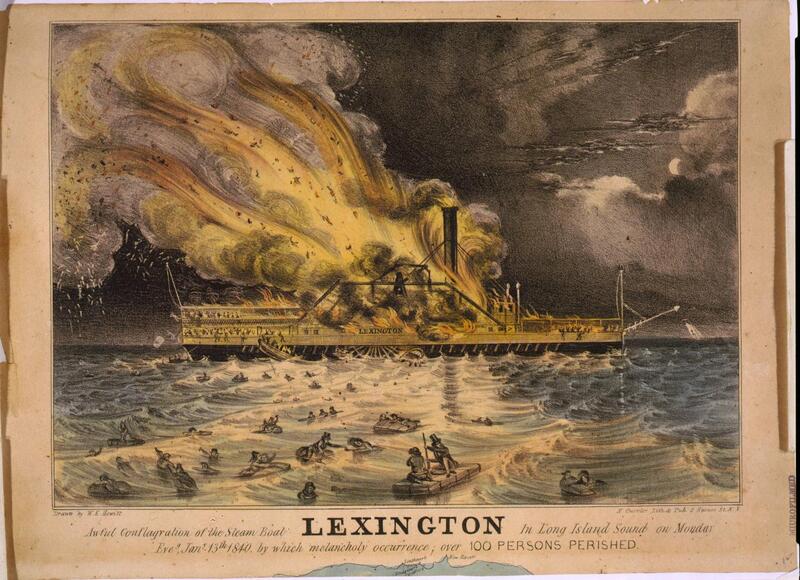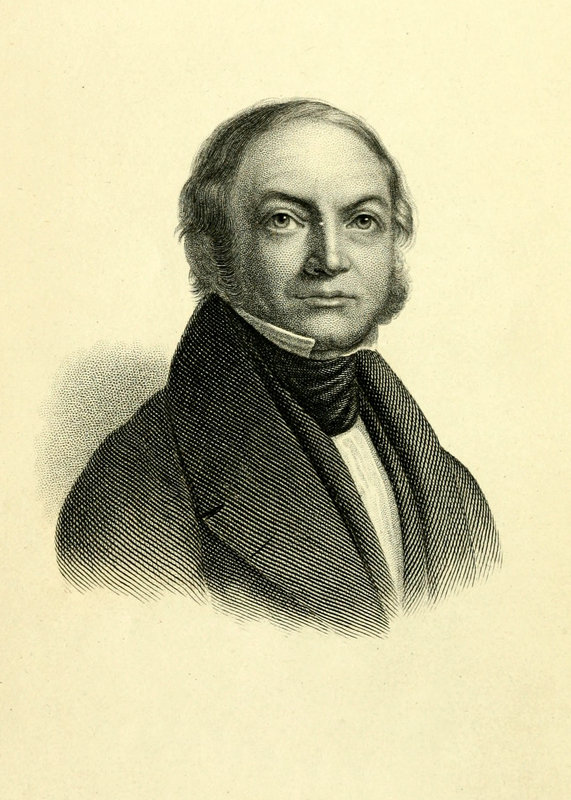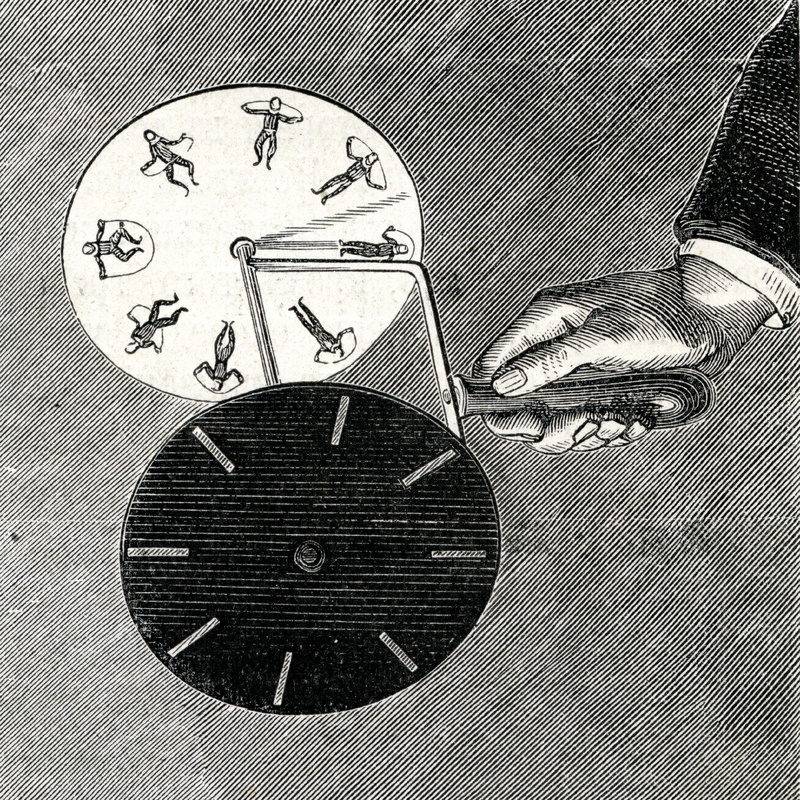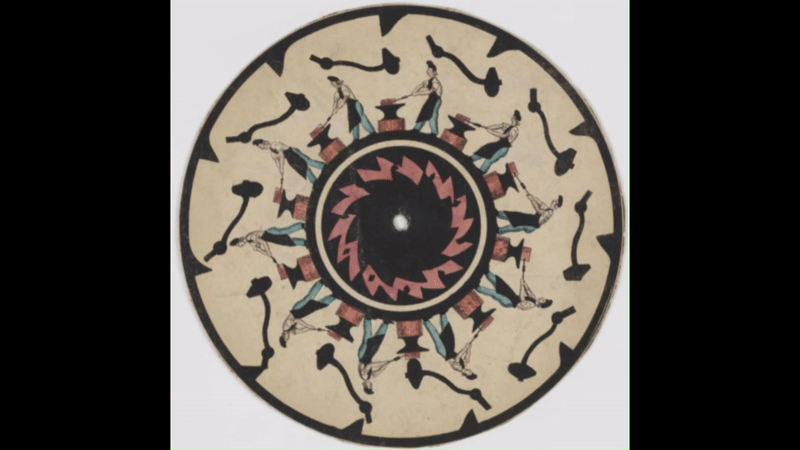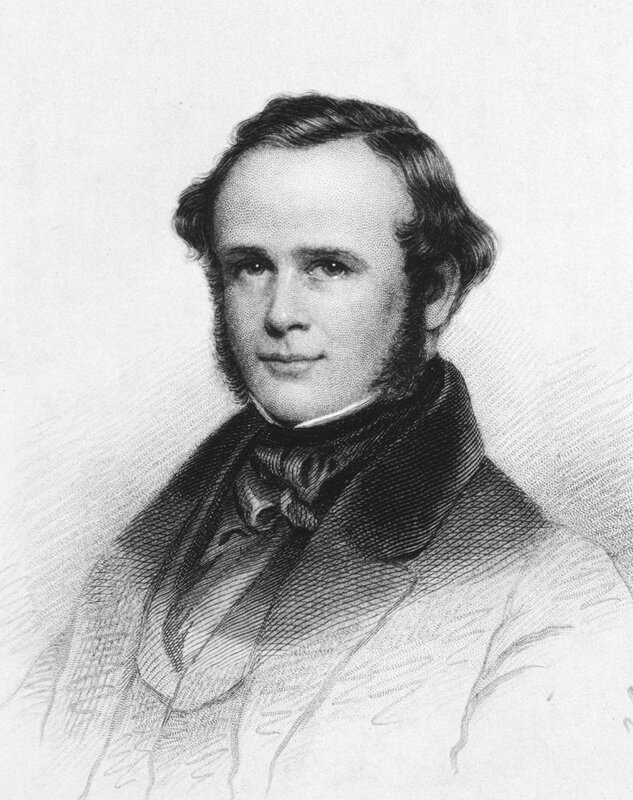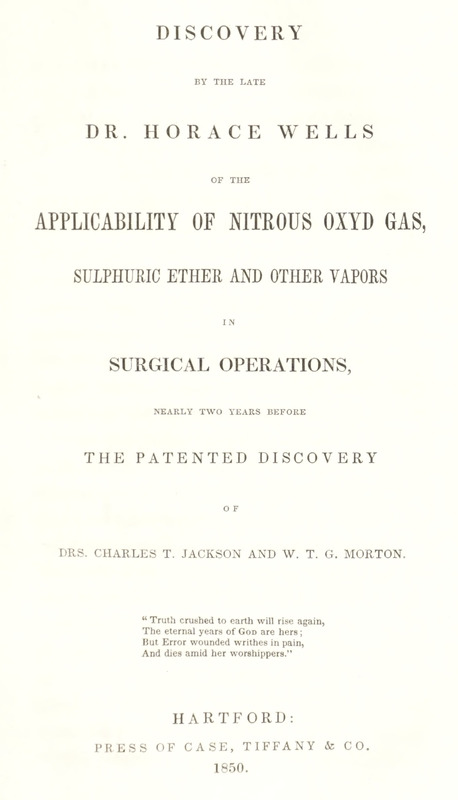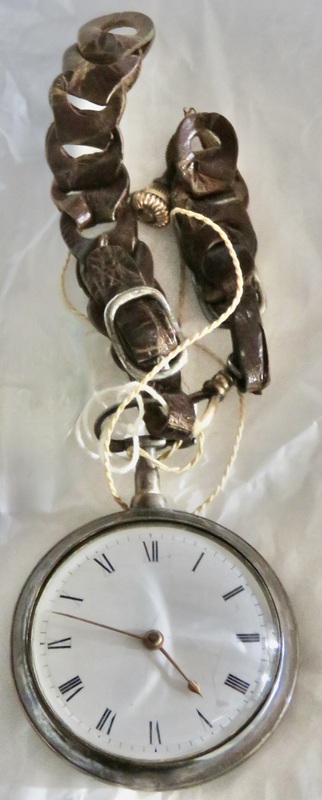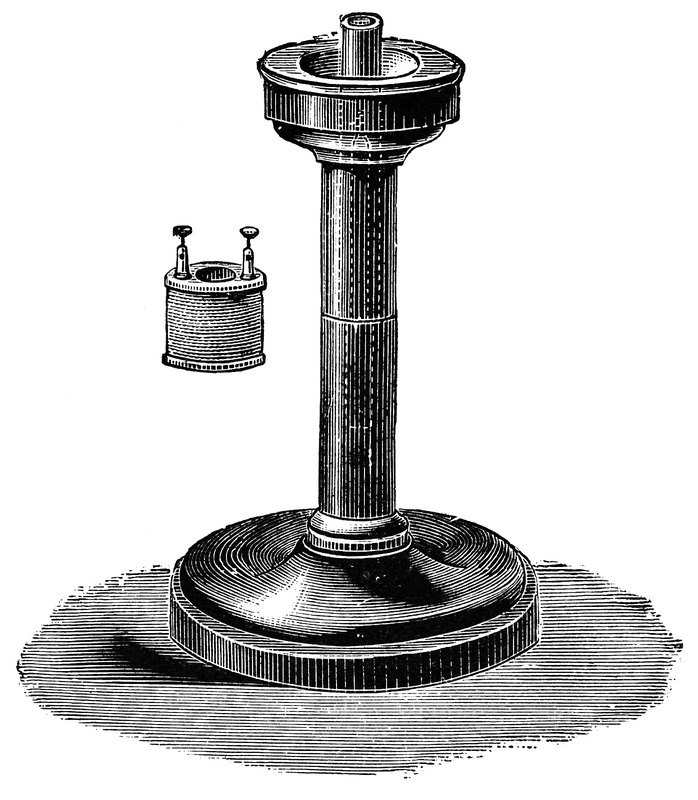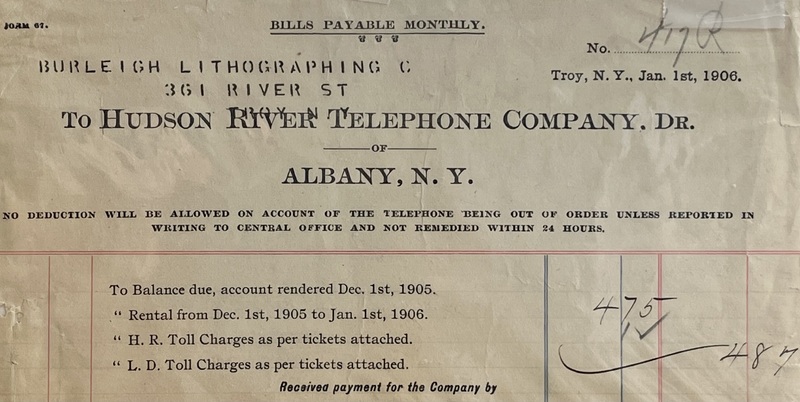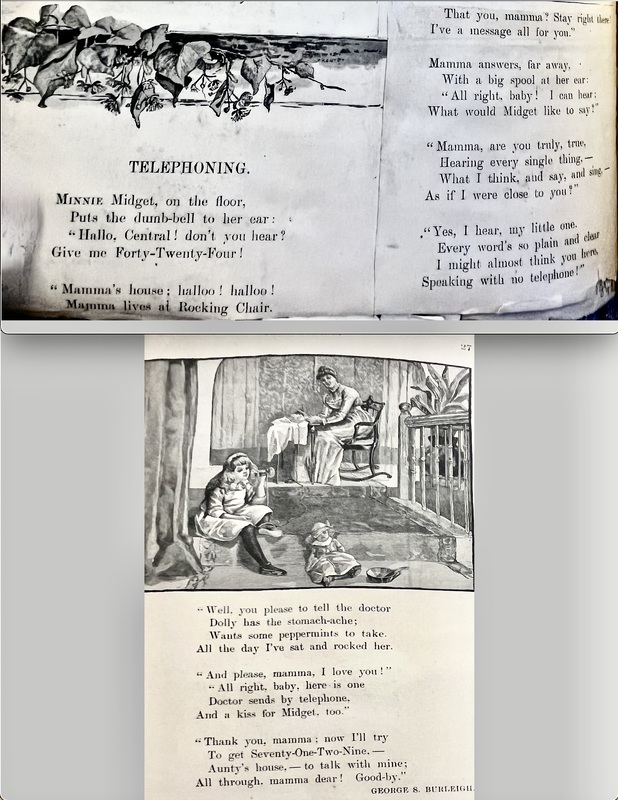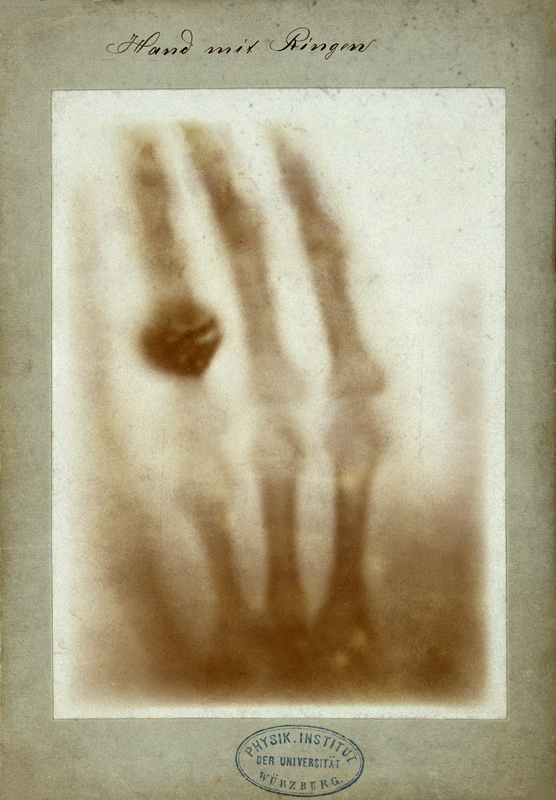Glimpses of Technological Change
Transportation Technologies
The vast technological changes of the long nineteenth-century affected the Burleigh family in a number of ways. The most urgent of these occurred in transportation, where the development of canal travel, then railroads, made the lives of anti-slavery agents considerably easier than relying on horses had been. Because the Burleigh brothers were professional writers, their descriptions of early train travel are noteworthy; examples are given below. The pages of their newspapers also featured news of horrific boat and railroad accidents; the Abolitionists lost a beloved colleague, Charles Follen (1796-1840) on a fire onboard the Steamship Lexington.
The Fire-Steed - An Early Poem by George S. Burleigh about Trains
In 1841 (it is interesting that George was fastidious about dating this poem, in the pages of The Maniac where many poems remain undated), George wrote this poem about the railroad as a relentless horse-like machine. Some of his word and sonic play emerge here, but we can also sense a young artist groping for the subject matter particular to his time and place.
The Phenakistiscope (a.k.a. Perophantiscope)
In Cyrus's journal from 1837, reference is made to Mary Burleigh bringing home a "periphantiscope." This device appears to be identical to a device generically called "phenakistiscope," which was invented in late 1832. It was a device intended for domestic enjoyment of what we could literally call "moving pictures." It incorporated mirrors and a spinning disk with slits that created what one manufacturer dubbed "the magical spectacle." Illustrations of animals and patterns were common. Cyrus references a few different scenes:
"On one is a saw mill, in full operation. On another are ones [sic] jumping over the heads of others. On another is [a] blacksmith holding a red hot piece of iron on an anvil and a trip hammer pounding it, and a great many more, equally curious." (entry of July 15, 1837)
References
Cyrus Moses Burleigh Journal, Volume 1, p. 6-7, entry of July 15, 1837.
"Phenakistiscope," Wikipedia; https://en.wikipedia.org/wiki/Phenakistiscope
Medical Research
There are times when, in the ongoing research for this compendium, even the scholars themselves are gobsmacked. William H. Burleigh played a small role in the history of anaesthesia in the United States, and came to the support of its (admittedly) insane but yet brilliant discoverer, Dr. Horace Wells (1815-1848). Wells was resident in Hartford, and had noticed that Nitrous oxide (spelled then as Nitrous Oxyd) could make patients insensible to pain. This was at the same time (early 1840s) as Burleigh's extended time in Hartford as editor of The Charter Oak.
In an 1850 pamphlet (published anonymously but credited to J. Wales) defending the priority of the late Dr. Wells' claim to have been the discoverer of anaesthetics in the United States. As part of the pamphlet's argument, letters from distinguished Hartford citizens who had been willing to undergo Dr. Well's treatments were obtained, and certified as truthfully sworn before the mayor of Hartford. One of these letters was from William Burleigh:
A little more than two years since, I learned that Dr. H. Wells, dentist of this city, had made the discovery that by the use of an exhilarating gas or vapor, he could render the nervous system insensible to pain under severe surgical operations, and that he was using it in his practice, with success. Having an opportunity to witness its effect upon several persons, during the operation of extracting teeth, I was so delighted and surprised with its manifest success, that I desired a trial of it upon myself. The gas was accordingly adminiered, and two carious teeth were extracted from my lower jaw, without the least suffering on my part; though ordinarily, owing to the firmness with which my teeth are fixed in my jaw, I suffer extreme pain from their extraction.
This was signed "Wm. H. Burleigh, Editor of the 'Charter Oak,' Hartford, March 25, 1847" with affidavit attested to by A. M. Collins, Mayor of Hartford, on March 26, 1847.
It is noteworthy that Burleigh first was among those witnessing Wells' methods, then asking to undergo it himself. This shows a working understanding of scientific method. Burleigh's eagerness to try it out himself, aside from his own understandable desire to avoid pain, also shows his understanding of the wide-spread impact such a discovery could have.
Pocket Watches and Railroad Timetables
The increasing prominence and proliferation of train travel made time-keeping even more essential than it had been in previous eras. Historic Northampton holds a pocket watch belonging to Charles C. Burleigh Sr., that he likely obtained in the late 1830s during his first extended time in Pennsylvania, from silversmith Thomas Megear (1809-1878).
On the Burleigh Family Day-to-Day Map, we have included a background feature that shows the growth of railroad routes over the nineteenth-century. This utilizes the ArcGIS Historic Railroad Map 1826-1911.
The Telephone
The advent of the telephone near the end of the nineteenth century did not affect the core generation of Burleighs as much as it did their children. The telephone bill that the Burleigh Lithography Company received in the early twentieth-century is one evidence of how the telephone reshaped business, and became a necessary utility almost instantly.
Even more intriguing, though, is George Shepard Burleigh's poem, Telephoning, which has to be amongst the earliest poems concerning this new technology.
George Burleigh's fascination with incorporation of new technology into poetry continued into the 1890s. In an 1897 occasional poem delivered for the graduating women of a Teachers' Institute in Providence, he makes a glancing reference at the ground-breaking accidental discovery of x-rays:
The mystery that melts away
In keenness of her true x-ray
That guides through labyrinths of th’unknown
To Demonstration’s golden throne.
The current Burleigh team does not feature an historian of technology; we welcome input from those who know this field. This page was built largely from our collective curiosity about what we were finding. It is subject to corrections, emendations, and additions of all kinds.


